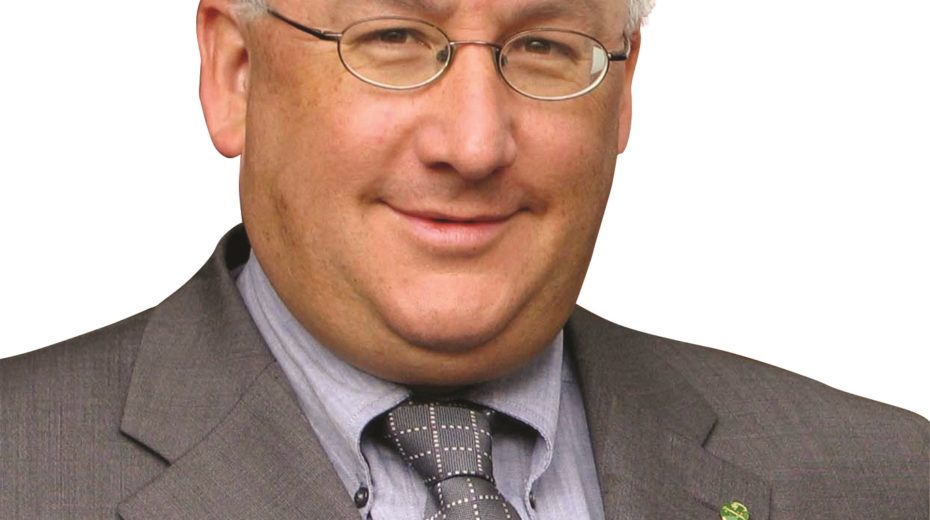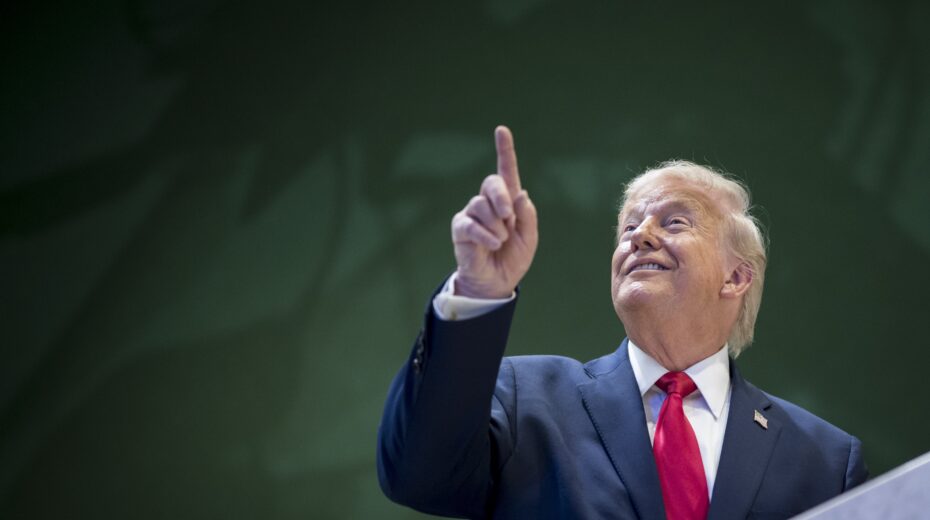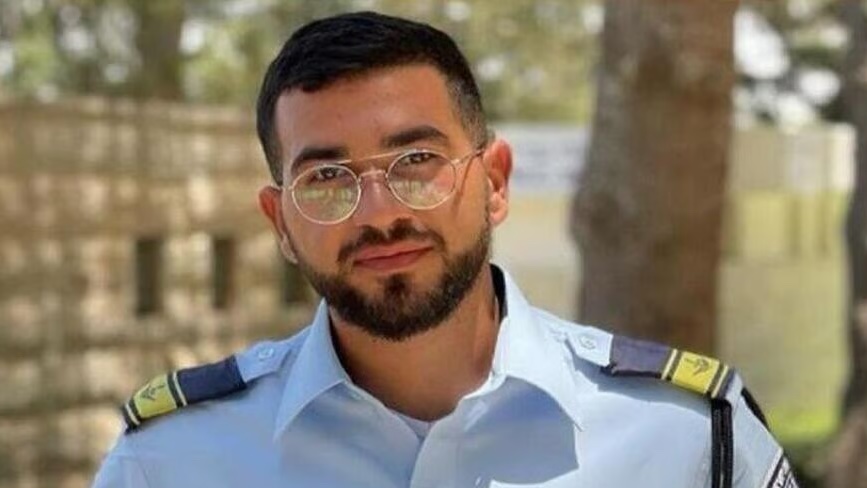Mr. Mohammad El Halabi stands accused of using his position to funnel money and resources to Gaza’s Hamas overlords.
As a primary donor to World Vision’s Gaza operations, the Australian government took the charges very seriously and halted funding while it investigated. As part of the investigation, the Hon. Michael Danby, a senior member of the Australian Parliament, visited Israel to meet with Israeli, Palestinian and World Vision officials.
He also addressed reporters at an event coordinated by NGO Monitor and hosted by the Jerusalem Press Club.
“Serious allegations have been made about charities operating in Gaza, and this is very concerning for people in donor countries,” said Mr. Danby. “For those of us who support international aid, transparency is important. If these allegations are true it would be terrible, not only for the Palestinian recipients, but also in terms of the betrayal of the donor countries.”
He stressed that Australia considers Hamas a terrorist organization that must not receive funding. “We don’t want our money spent on [terror],” stated the lawmaker.
Mr. Danby went on to note that “like Israelis, I’m not critical of aid to the Palestinians. If the money is going to worthy projects, then well done. But if it is spent on building tunnels into Israel, that is ‘beyond the pale.'”
The Australian lamented that World Vision’s antagonism toward Israel over the past 15 years had only served to make the Jewish state more suspicious of the charity.
Mr. Danby took a moment to wonder why so much aid goes to the Palestinians while even more destitute people groups are virtually ignored. He then applauded Israel for being willing to try Mr. Halabi openly in civil court.
NGO Monitor founder Prof. Gerald Steinberg added that the current scandal is not unique to World Vision, and that Hamas obtains the bulk of its resources from international humanitarian aid.
“Gaza is isolated. You can’t walk in with money. So where does all the money and resources for tunnels come from?” he asked rhetorically. Unfortunately, Steinberg continued, “the aid groups don’t address these issues, they ignore them. They don’t address diversion to terror groups.”
Prof. Steinberg joined Mr. Danby in hoping World Vision and other charities on the ground in Gaza would learn the proper lessons from this episode, and in particular be more willing to cooperate with Israel to properly provide aid to the Palestinians.
An interesting exchange then occurred when a reporter for the AFP took an accusatory tone in asking how World Vision was meant to learn such lessons when Israel had refused to share any of the evidence with the charity’s lawyers. The question was based on accusations made to him by Halabi’s lawyer, which that reporter had clearly swallowed as self-evidently true, and was indicative of how the mainstream international media typically approaches such cases. Israel is guilty until proven innocent.
Mr. Danby was forced to repeat his earlier stated belief that Israel’s decision to hold the trial in a civil court demonstrated its desire to make the proceedings as open as possible. “You should speak to more people [and] not just lawyers on behalf of the accused,” said Danby, reminding the AFP correspondent of his journalistic ethics.
Prof. Steinberg chimed in by reminding everyone that Israel’s courts had an obligation to protect witnesses, in particular any Gazans that would be testifying against Hamas, and therefore parts of the trial would by necessity be conducted behind closed doors.
“The notion that there is something wrong with the Israeli system because it takes life and death seriously is wrong,” he concluded.











